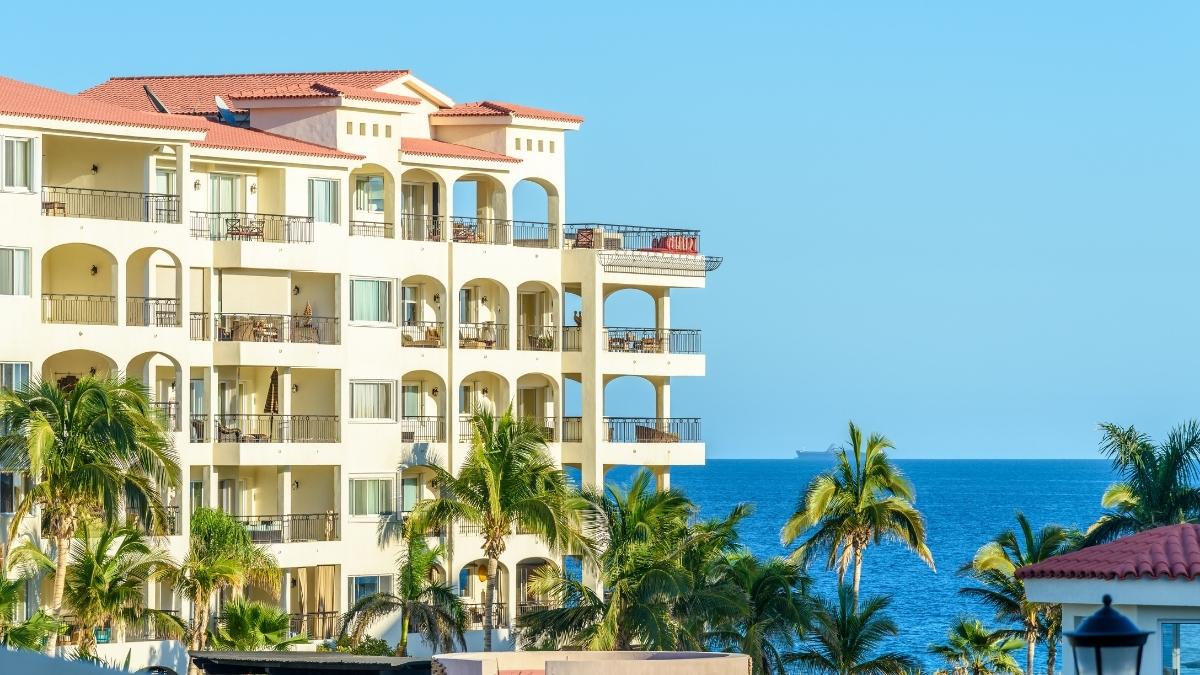Spain's Consumer Rights Ministry has ordered Airbnb to remove 65,935 vacation rental listings for violating national regulations. Most of the properties ordered to be delisted either lacked a valid license number, listed an invalid one, or failed to specify whether they were owned by an individual or company. It’s one of the largest enforcement actions ever taken against the platform in Europe—and it comes amid mounting pressure to address Spain’s worsening housing crisis.
Consumer Rights Minister Pablo Bustinduy didn’t mince words, calling out a "lack of control" and “illegality” in the sector. His ministry has been investigating Airbnb since December and now claims the platform is littered with listings that don’t meet even the most basic legal requirements.
The housing context: demand is up, supply is stuck.
Housing is a top political issue in Spain, where construction still lags behind post-2008 levels. As of late last year, Spain had roughly 321,000 officially licensed short-term rentals—a 15% jump since 2020—but thousands more are operating without a license. Locals increasingly blame vacation rentals for driving up rents, shrinking available housing, and turning residential neighborhoods into tourist zones.
In January, Prime Minister Pedro Sánchez proposed a tax hike on holiday rental income. And Barcelona’s mayor Jaume Collboni has already gone further than anyone: his city will ban all tourism rentals by 2028.
Airbnb isn’t taking this quietly.
A company spokesperson confirmed Airbnb plans to appeal the decision, arguing that the ministry overstepped its legal authority and used a flawed methodology. Airbnb claims that some of the flagged listings weren’t even required to have licenses and that the government failed to provide a clear, evidence-based list of violations.
Our take
Governments across Europe will be watching how Spain handles its housing affordability problem, and other cities may not be far behind in making STR’s the scapegoat.
For hosts, this is a good reminder of two things:
- Compliance is no longer optional. Sloppy or outdated listing info can now get you booted at scale.
- Policy risk is real—and accelerating. Hosts operating in high-pressure markets should plan for tighter rules, higher taxes, and less leniency.

.webp)


